Understanding Water Testing Costs
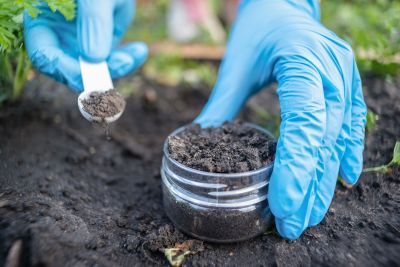
The difficulty of collecting water samples, especially from hard-to-reach locations, can affect costs due to additional labor and equipment needs.
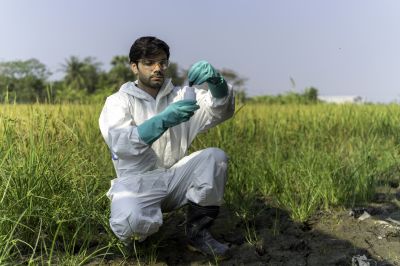
Advanced testing techniques, such as chemical analysis or microbiological tests, typically incur higher costs compared to basic tests.
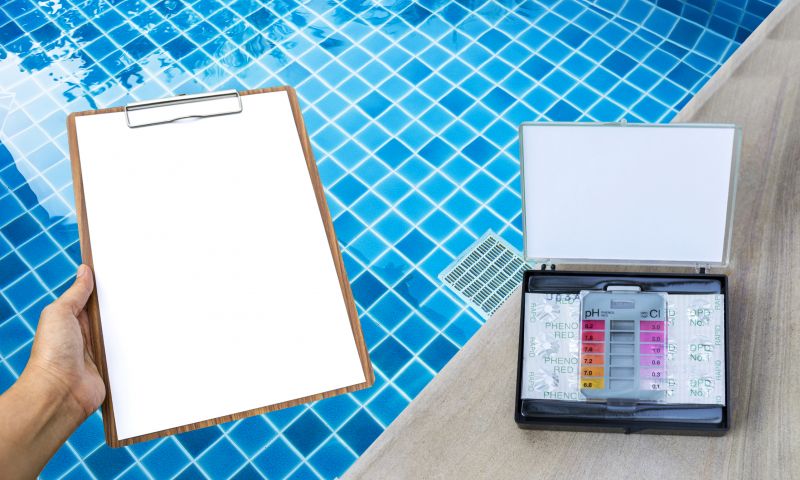
Labor costs and laboratory processing fees vary depending on the test type and turnaround time required.
| Factor | Average Cost |
|---|---|
| Basic Water Quality Test | $50 - $150 |
| Microbiological Testing | $100 - $300 |
| Chemical Contaminant Testing | $150 - $400 |
| Heavy Metals Testing | $200 - $500 |
| Nutrient Testing | $80 - $250 |
| Pesticide Residue Testing | $250 - $600 |
| Radionuclide Testing | $300 - $700 |
| Extended Panel Testing | $400 - $1,200 |
The cost of water testing varies widely based on the scope and complexity of the analysis. Basic tests are generally more affordable and suitable for routine assessments, while comprehensive panels that analyze multiple contaminants can be significantly more expensive. Factors such as sample volume, required testing precision, and turnaround time also influence pricing. It is advisable to obtain detailed quotes from laboratories to understand specific costs associated with different testing needs.
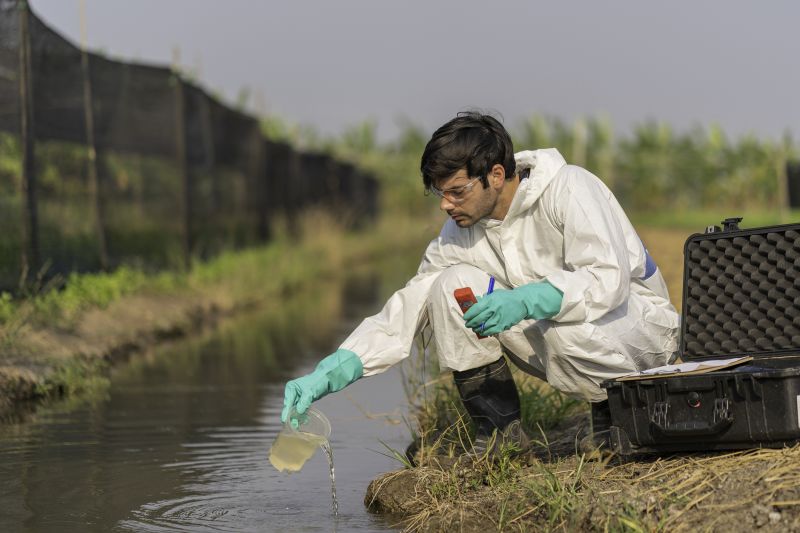
Specialized tools and containers used for collecting water samples can influence testing costs, especially for hard-to-access sources.
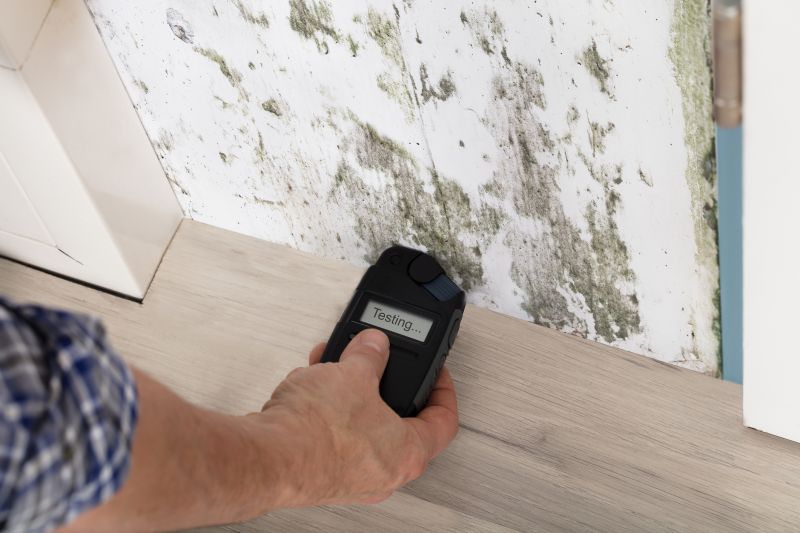
Portable testing kits and devices used on-site may reduce laboratory fees but involve equipment costs.
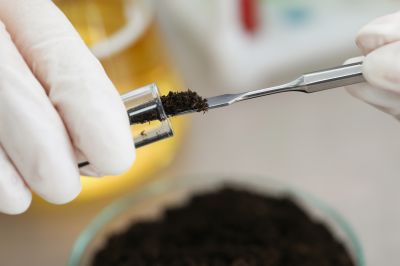
Different analysis methods, such as spectrometry or chromatography, have varying costs based on their complexity and precision.
| Service | Average Price |
|---|---|
| Water Sample Collection | $20 - $50 |
| On-Site Water Testing | $100 - $250 |
| Laboratory Chemical Analysis | $150 - $400 |
| Microbial Testing | $100 - $300 |
| Heavy Metal Analysis | $200 - $500 |
| Radon Testing in Water | $250 - $600 |
| Nutrient Panel Testing | $80 - $250 |
| Extended Water Quality Panel | $400 - $1,200 |
| Rapid Turnaround Service | Additional 20-50% of base cost |
| Regulatory Compliance Testing | Varies by jurisdiction |



